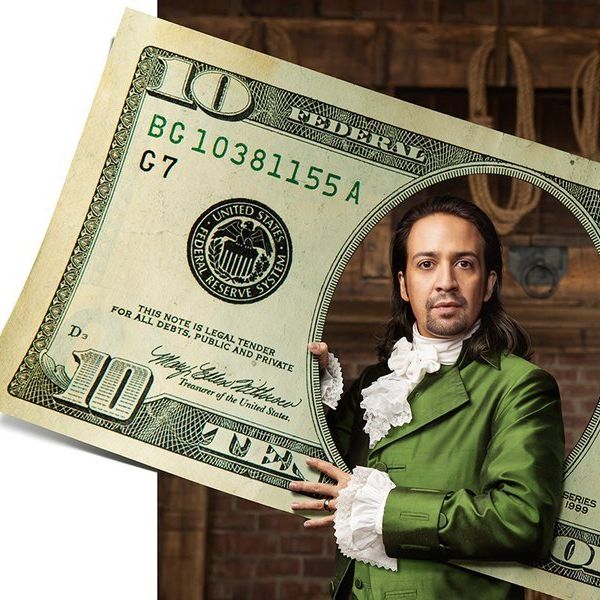A month ago I sat down with Diego Klock-Perez. I was interviewing him to promote "In The Heights" at a professional theatre downtown. We talked about his recent nomination for Atlanta's Suzi Awards, his run in with Lin-Manual Miranda and how he was playing his dream role. A big topic that consumed the conversation was race; how it plays a part in this show, theatre in general and our lives.
The conversation first started when Diego mentioned growing up in Miami and being immersed in theatre at a young age. Since musical theatre has been traditionally for white people and traditionally a pastime for urban upper-class white people, Diego just grew up "white." He never made the distinction growing up because his community was blended. They never made him feel any different. Then he went to college and was described as that "Hispanic guy."
During the course of the last several decades, Americans started being politically correct, putting people in these larger minority boxes. This compartmentalization makes sorting people and giving out characteristics so much easier. We can define and label more people now, just as you can define someone's sexuality as "straight" or "LGBT." Terms like "African-American" or "Hispanic" or "Asian-American" do not actually represent these minorities at all, though. They reflect some people but not the whole. After all, not all black people have a heritage in Africa as seen with Raven-Symoné creating controversy several years back.
Coming back to theatre, this plays a huge part in casting characters both traditionally and non-traditionally. Take "Mary Poppins" or the "Sound of Music," for example. These two musicals are classics that employ only people with lighter skin because they are period specific. Theatre-goers expect to see white people on stage performing the iconic lead roles that were both, coincidentally, portrayed by Julie Andrews, as well as all the parts.
Is there anything specifically wrong with this? No, not at all. Does this help move along race relations and expanding the audience of Broadway enthusiasts across the globe? Again, no, not at all. At the end of the day, there is a problem here because theatre should be inclusive of all people and roles should be given on talent. However, theatre, like everything in the world, is a business. In order to keep shows open and touring, you have to appeal to as many people as possible. This means that some audiences are just not going to want to see minorities play traditionally white parts, right?
Well, you would think so...but what about "Hamilton?" This is a Broadway show that is sold out for at least the next six months, has a permanent home in Chicago now and is about to start a national tour. It tells the story of Alexander Hamilton with actors that do not have fit the racial context of the Founding Fathers in the slightest, yet, the theatres are sold out every night. Kind of makes you wonder if this is the future of casting or just a one-off.
At the end of the day, we are all humans, capable of making mistakes, capable of effecting so people without even realizing it. Just remember that and we might be able to stop putting people in boxes.




















